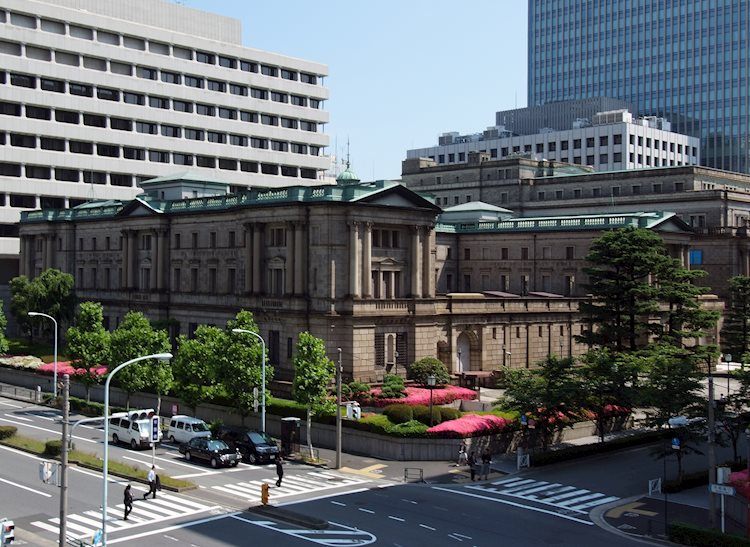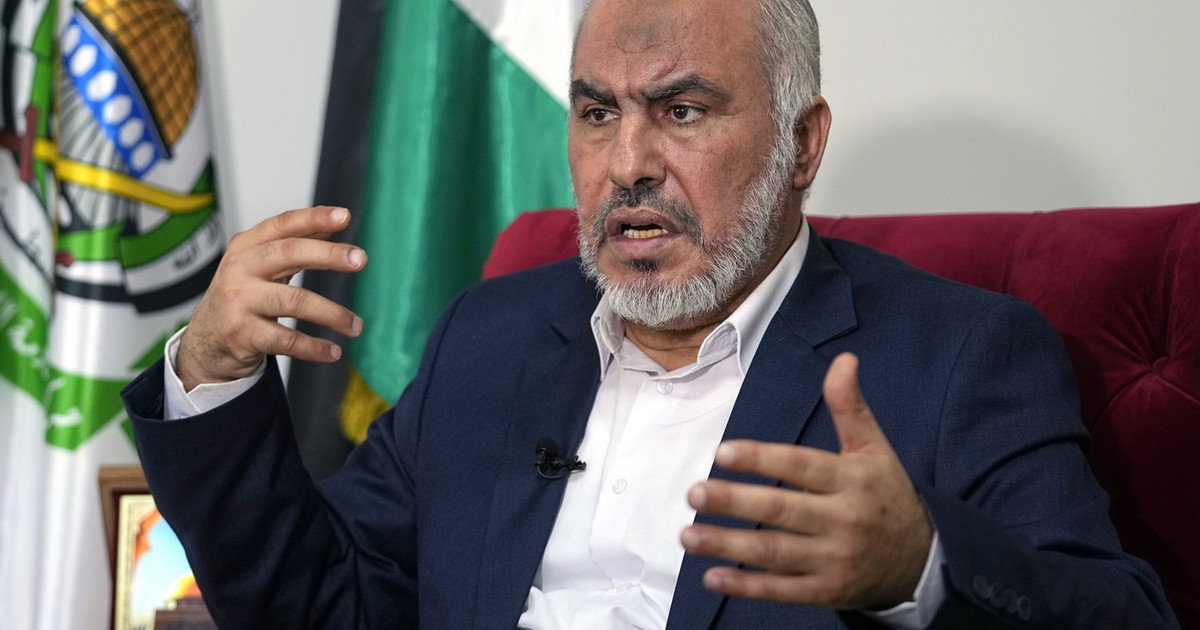Waving colorful flags and shouting political slogans, hundreds of people took to the streets of Lisbon, Portugal, this Friday (28) to support candidates who ended two weeks of campaigning before the parliamentary elections next Sunday (30).
The election, called in November after parliament rejected the government’s draft budget, is now open as the ruling Socialist Party (PS) Socialists continue to lose the lead in opinion polls to the main opposition party, the Socialists. center-right democrats of the Social Democratic Party (PSD).
Ana Ferreira, 48, brought her son Miguel to the PS rally in Baixa Chiado, one of Lisbon’s most emblematic neighborhoods. While a victory for her party is uncertain, she was hopeful.
“For our own good, my expectation is a victory, a very clear victory,” Ferreira said. “I want to ensure a future for all children, including mine. I want public schools for all, health for all.”
Analysts say the election is likely to worsen political instability and could produce a short-lived government, as no known party or alliance is expected to win a majority in parliament.
The center-left party of Prime Minister António Costa has fallen to 35% of support, according to an ISCTE-ICS poll for SIC TV and the newspaper Expresso published this Friday. A month ago the party had 38%, while the PSD rose from 31% to 33%.
At a rally on Friday, also held in Baixa Chiado, PSD supporters wore the party’s orange and expressed optimism.
“I hope we win, and I’m confident… I see people joining forces,” said Helena Correia, 62, as she waited for PSD leader Rui Rio to arrive at the rally.
Polls show fierce competition
The difference between PS and PSD is less than the 3.1% margin of error from the ISCT-ICS survey, which means they are in a technical tie. A different poll earlier in the week showed the PSD leading by a slim margin.
The tight division leaves parties far from a parliamentary majority, which in the proportional representation system amounts to between 42% and 45% of the vote.
Another survey carried out by researchers at Catolica for the TV channel RTP, radio Antena 1 and the newspaper Publico, showed PS at 36%, down from 37% the previous week. The PSD remained stable at 33%.
In the ISCTE-ICS poll, the far-right Chega party, the pro-business Liberal Initiative, the Communist-Green alliance, and the Unitary Democratic Coalition (CDU) saw support of 6% each, and any one of them could become the third largest force in parliament.
“We are going to win third place, and it will be historic,” said Chega supporter Miguel Santos, 49, as party leader André Ventura left a rally in Lisbon.
ISCTE-ICE interviewed 1,003 people from January 18 to 24, while Catolica interviewed 2,192 people from January 19 to 26, with a margin of error of 2.1%.
Reference: CNN Brasil
I’m James Harper, a highly experienced and accomplished news writer for World Stock Market. I have been writing in the Politics section of the website for over five years, providing readers with up-to-date and insightful information about current events in politics. My work is widely read and respected by many industry professionals as well as laymen.






